What is a Chapter 13 Repayment Plan?
Only certain types of debts must be fully repaid in a Chapter 13 bankruptcy.
One aspect of Chapter 13 bankruptcy that confounds many people is the payment plan. Many people falsely believe that the plan would require them to repay all of their debts and are thus scared away from seeking this type of bankruptcy protection. Since Chapter 13 has many advantages over other types of bankruptcy, this misunderstanding can prevent many from getting the help that they need. Understanding how the repayment plan works is important when considering whether Chapter 13 is right for you.
The basics of the plan
During Chapter 13, your debts are consolidated into the plan and repaid through monthly payments over a three to five-year period. Since the amount of the monthly payments is based on the amount of income that is left over after paying bills and other essentials, it is kept affordable. However, not all debts need to be repaid under the plan.
Expenses that must be paid in full over the three to five years in order for the court to accept the plan include priority and administrative claims. These expenses include court costs, attorneys’ fees, taxes, and alimony.
In addition to priority and administrative expenses, secured debt such as mortgages and car loans must be made current under the plan, if you wish to keep the collateral (i.e. house or car). However, since you have three to five years to accomplish this under the plan, many people are easily able to avoid foreclosure or repossession, which is one of the great advantages of Chapter 13.
Aside from these debts, bankruptcy laws typically do not require you to repay your other types of debts, including your unsecured debt. Unsecured debt is debt that is not secured by collateral, such as credit card bills, medical bills, and personal loans. The law only requires you to give your unsecured creditors the same amount that they would have received had you filed Chapter 7 bankruptcy instead. Since virtually all unsecured debt is wiped out in this type of bankruptcy, this means that you do not need to repay your unsecured creditors at all in Chapter 13.
However, there is one exception to this rule. If an unsecured debtor objects to the proposed plan, a court may examine the amount of your disposable income-what is left over after paying for essentials. In cases where there is significant disposable income, the court may require you to modify the plan to allow repayment of at least some of your unsecured debt.
However, this exception rarely is the case, since most people filing Chapter 13 do not have significant amounts of disposable income. As a result, most people filing Chapter 13 have all of their unsecured debts discharged at the end of the bankruptcy.
An attorney can answer your questions
If you are struggling with a mountain of debt, you may wonder which type of bankruptcy is the best way to regain your financial footing. Since the answer depends on your situation, it is wise to consult with an experienced bankruptcy attorney before proceeding. An attorney can protect your best interests and help you achieve the fresh start that you are looking for.

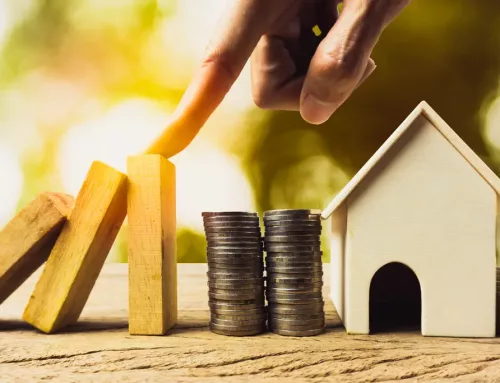
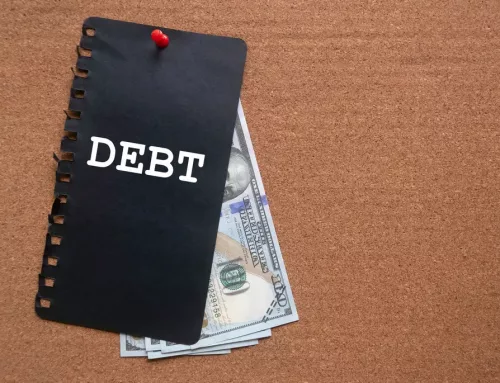

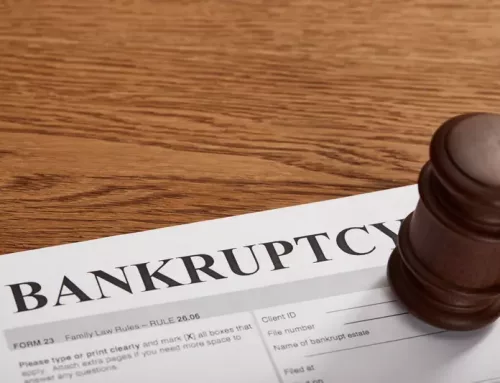
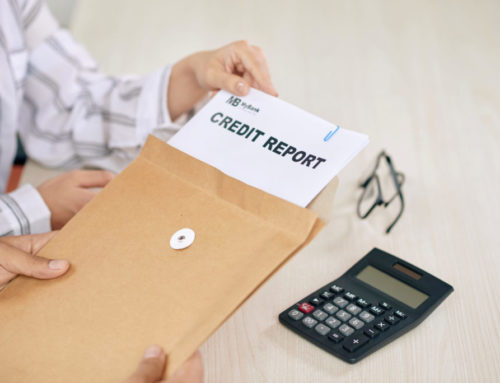
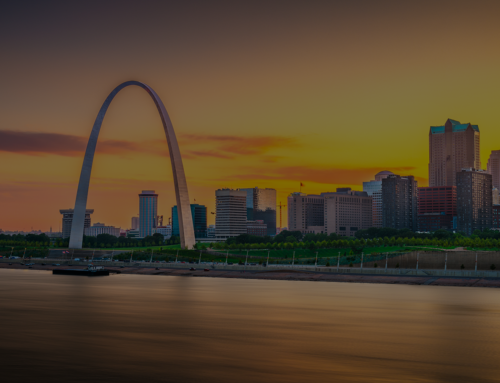

Connect with Us